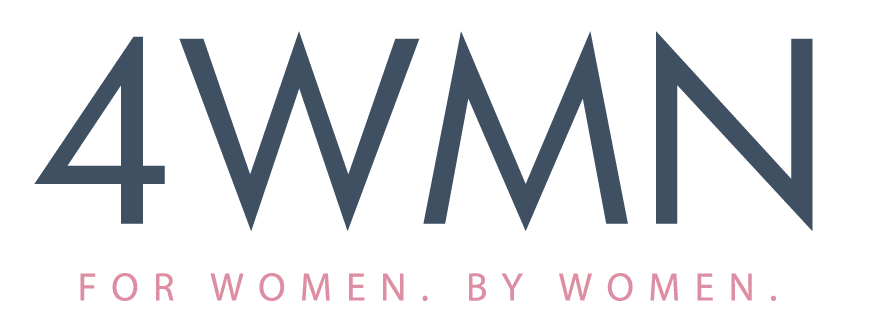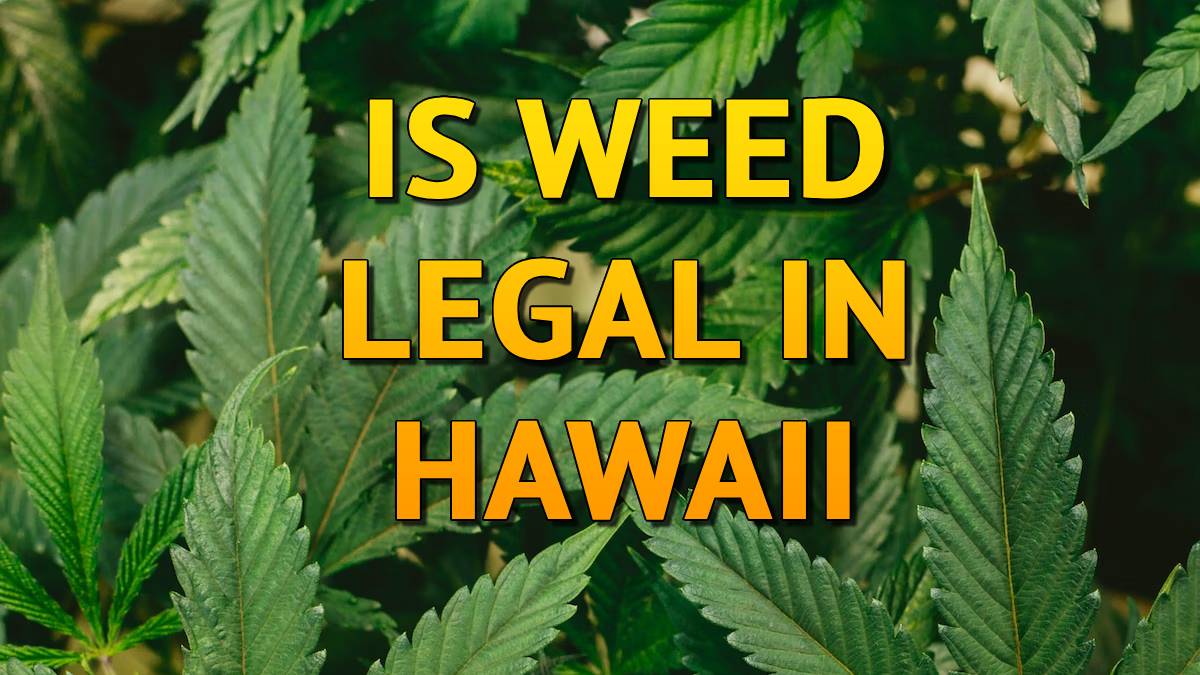Is recreational cannabis legal in Hawaii? Is medicinal marijuana legal in Hawaii? What about Hawaii’s CBD laws? Find out about the weed laws in Hawaii in this article.
Known as the Aloha State, Hawaii is comprised of seven inhabited islands out of a total of 137 islands – making Hawaii the world’s largest island chain. Famous for its idyllic beaches, volcanoes, and rainforests, Hawaii is a tourist’s and surfers dream vacation.
One of the most iconic images of Hawaii is the giving and receiving of lei – the brightly coloured wreaths worn around the neck. Originally, the tradition of the lei was brought to the Hawaiian Islands by Polynesian settlers who travelled over by canoe. Lei are given as a sign of respect, friendship or welcome.
There are few rules when it comes to lei giving and receiving. They can be worn by anyone at any time, but it is considered disrespectful to remove a lei in front of the person who gave it to you. Each island has its own local lei using flowers, shells and ferns.
Disney’s 2002 film Lilo & Stitch was the first animated film to be set in Hawaii, and is based on a town on the northern-most island Kaua’i.
Hawaii is also known for its cannabis. The local term pakalolo – crazy tobacco – appears in Hawaiian newspaper Ka Nonanona as early as 1842! In the 60s and 70s, Hawaiian sativas grew up to 10 feet tall and packed a real punch, coining the term ‘one hit quit’ for the long lasting effects. The U.S War on Drugs brought a ‘green harvest’ where these monster sativas were easily found and destroyed.
In recent decades, Hawaiian strains have been bred and cross bred with imported seeds, making it difficult if not impossible to find a true Hawaiian plant.
Is recreational cannabis legal in Hawaii?
Hawaii has not legalised recreational use of cannabis, so you can’t smoke weed in Hawaii on your next holiday.
In July 2019, a bill was passed which decriminalised marijuana. This new law came into effect in January, 2020 and it removes the possibility of jail time for possession of up to three grams of marijuana. Possession still carries a $130 fine, but this is far removed from the previous legal sentence – up to 30 days in jail, a fine of up to $1000 and a possible criminal record.
Hawaii’s decriminalisation laws are far stricter than most states. The most common possession limit in other states is 1 ounce – almost ten times more than in Hawaii. Originally, the possession threshold was higher, but it was reduced throughout the legislative process to ensure decriminalisation would pass through the system. Hawaii’s state governor, David Ige, would have likely vetoed the bill if the possession threshold was higher.
Although possession of up to three grams of marijuana has been decriminalised, possession of larger amounts, repeat offences and sales or trafficking can still result in harsher sentences including jail time and criminal records.
Although it seems Governor Ige is not in favour of legalising marijuana, decriminalisation is a step in the right direction. With so many mainland U.S states legalising cannabis sales and use, it is highly likely that in the years to come, Hawaii will move to legalise weed.
Is medicinal cannabis legal in Hawaii?
Like many U.S states, Hawaii has a registered program for medicinal marijuana patients.
The process for legalisation of medical marijuana began in 2000, where Hawaiian governor Ben Cayetano signed Act 228. This act allowed medical marijuana cardholdesr to legally grow their own cannabis plants, or appoint a caretaker to do so. Hawaii was the first state to legalise medicinal marijuana through legislation rather than a state ballot. This act, however, did not create a market or allow for dispensaries.
By July 2015, Act 241 was passed, stating that the state’s Department of Health would create a dispensary program by 2016. To allow legal purchasing of cannabis, Senate Bill 321 was passed in 2016, allowing eight dispensaries across the islands. In August 2017, the first legal sale was made in a dispensary in Maui.
In Hawaii, qualifying patients can purchase up to four ounces of marijuana every 15 days. These four ounces can be divided into smaller bags, but not in quantities smaller than one ounce each, or it could be argued that there are intentions to sell.
Although it is legal, smoking of medicinal marijuana can only occur on private property away from public view – this also applies to growing cannabis plants. Like most states, it is illegal to drive in Hawaii while under the influence of cannabis.
There is a bit of a grey area regarding possession. The medicinal marijuana laws technically prohibit carrying cannabis in public places, but this is clearly not practical when regarding transportation of legally purchased product. The best advice is to get home as quickly as possible after making a stop at a dispensary.
To qualify for a medicinal marijuana patient card, a recommendation must come from a physician. Qualifying conditions in Hawaii include cancer, glaucoma, AIDS, multiple sclerosis, lupus, severe nausea and epilepsy. Many of Hawaii’s qualifying conditions are more serious than in some states.
Is CBD legal in Hawaii?
In 2018, the U.S federal government passed the Farm Bill which legalised cannabidiol (CBD) products at a national level. The caveat? These products must contain less than 0.3% tetrahydrocannabinol (THC) – the psychoactive element in marijuana.
The legalisation of CBD products has opened a huge market, and there are plenty of ways CBD can be accessed.
CBD products can be used to help with a number of physical and mental conditions including inflammation, anxiety, PTSD and epilepsy. Recently, the U.S Food and Drug Association (FDA) approved Epidiolex for treatment of epilepsy. This is the first cannabis-derived product that has ever been approved in the U.S.
The CBD market extends to the world of sports and food. Cafes are popping up across the states serving CBD lattes and edibles, and mass produced beer has started hitting shops in legal states like California.
With so many great health benefits, it will be interesting to follow the rise of CBD products across the U.S.
Important Note: The information on this site has been created only for information about the laws. It is not prepared to promote illegal substances. Please do not use illegal substances. You can get help regarding addiction from a nearest health institution.

